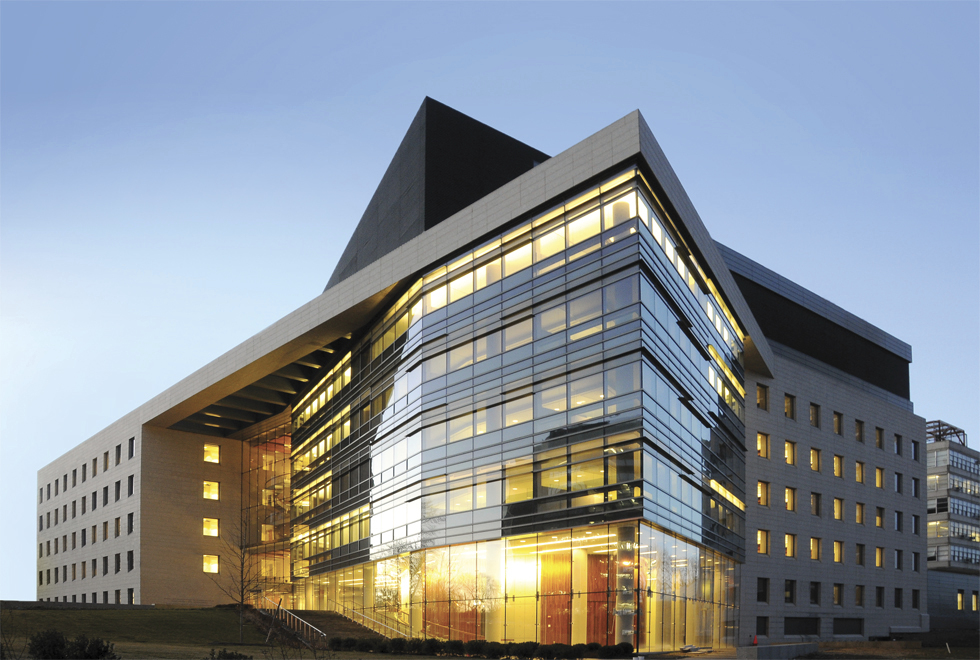Earlier this week, Bloomberg Philanthropies announced they are committing $1 billion to make tuition free for the vast majority of medical students at Johns Hopkins University. Our minds, of course, went immediately to our dear friend Dr. Ruth Gottesman and her generous, visionary gift to support free tuition at Albert Einstein College of Medicine this past February. Ruth’s decision was guided by a fundamental belief in the promise of Montefiore Einstein and the people the institution serves, and her gift will help make Einstein—and the Bronx—a destination for the best and brightest future physicians for generations to come.
Ruth’s gift is an investment in the future of this borough and its people—one that will bring more of the world to the Bronx. As a representative and partner of Montefiore Medicine, the Bronx’s primary healthcare provider and one of the region’s largest employers, we are similarly committed to supporting the health and wealth of the people and businesses that call this borough home. That means thinking strategically about how to make the most of new opportunities, including the Metropolitan Transportation Authority’s planned Metro-North train station in Morris Park.
This week, the Urban Land Institute New York, in partnership with Montefiore, released a report, Reimagining Montefiore Einstein-Morris Park as a Transit-Connected Campus, that outlines strategies to improve economic opportunity in the borough while strengthening Einstein’s visibility and connection to the greater Bronx. The report comes at a momentous time for Morris Park, as the City Planning Commission last week approved the Bronx Metro-North Station Plan and as the area prepares for the 2027 arrival of a new Metro-North Station. The report’s recommendations are sure to be a valuable resource over the next three years. What’s more, the recommendation will help to advance each of the goals outlined in Montefiore Einstein’s 2030 Strategic Plan, including the critical imperatives to “Double down in the Bronx” and “Drive excellence at Einstein.”
Both the strategic plan and the ULI New York report were informed by a diverse group of stakeholders, and both reflect and respond to the hopes and needs of the community Montefiore proudly serves.
Notably, ULI New York’s recommendations highlight the potential for the Morris Park station to spur economic revitalization in the areas surrounding the station and beyond. Upwards of 3,000 passengers are projected to pass through the station each day, and we are excited for them to experience the Bronx we know and love: a vibrant, resilient community that has much to offer.
The new Morris Park station promises to anchor a bustling community hub. The development of retail spaces, restaurants, and other amenities around the station will bolster the economy and attract 6,000 new residents. The resulting economic activity will improve the quality of life for current residents by offering more services and conveniences close to home—and provide an estimated 15,000 jobs, a significant benefit for a borough that has long struggled with higher unemployment rates than the rest of New York City.
It’s particularly meaningful to us that this station will make it easier for more people—in New York City, in Westchester County, and in Connecticut—to access the healthcare they need. And while we are excited for the new chapter this important transit development will help to open for the Bronx community, Montefiore’s commitment remains the same: keeping the needs of the Bronx’s families front and center.
When Montefiore Einstein says they want to double down on the Bronx, this is what they mean—supporting plans that support this community’s people. And as work gets underway, Montefiore Einstein, ULI New York, and our partners look forward to engaging our neighbors and learning their thoughts and insight about the new station and everything its arrival promises to bring.
Ruben Diaz, Jr. is the senior vice president of strategic initiatives at Montefiore Medicine, the umbrella organization for Montefiore Health System and Albert Einstein College of Medicine. He served as Bronx borough president from 2009-2021. Felix A. Ciampa is the executive director of Urban Land Institute New York, whose mission is to shape the future of the built environment for transformative impact in communities worldwide.

























